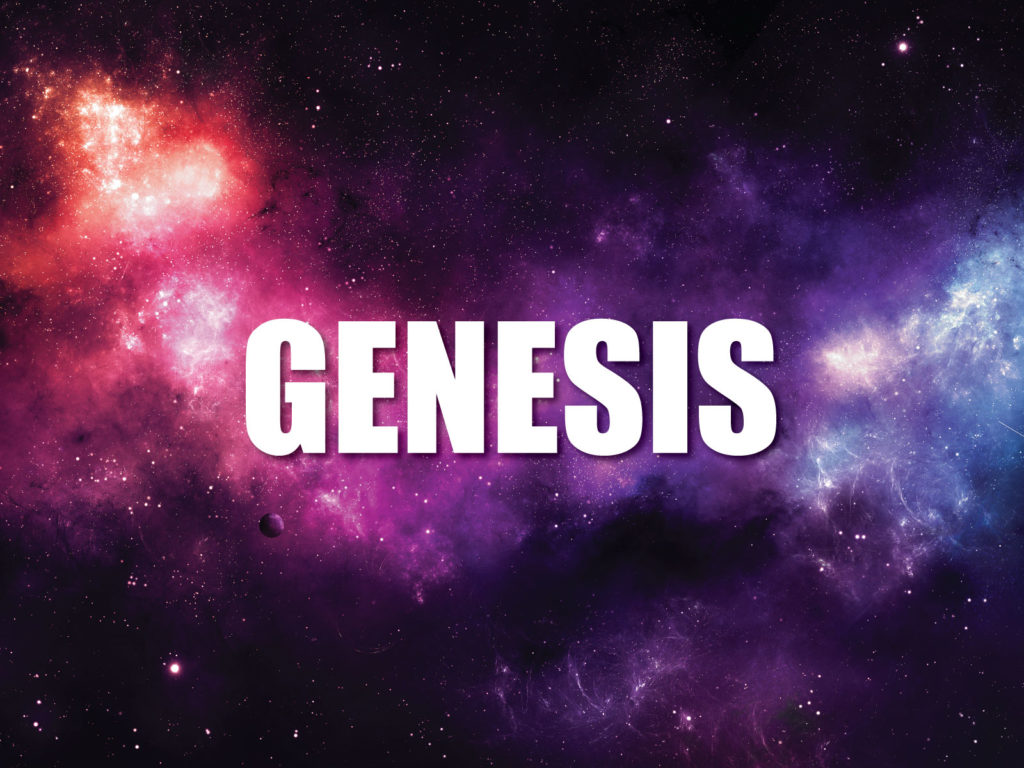The most important questions to ask when reading any portion of the Bible are 1) What does this reveal about God? 2) What does this reveal about God’s redemptive purpose in Jesus? 3) How are we to respond? These are the central questions whether we are reading the Psalms, Matthew, Philippians, or Genesis. The Westminster Shorter Catechism states that “the Scriptures principally teach what man is to believe concerning God and what duty God requires of man” (Question and Answer 3).
In previous messages, we have considered some of the magnificent truths concerning God that are revealed in the creation account. Among those truths is the mystery of God’s triune nature: that he is one indivisible God who simultaneously exists eternally as Father, Son, and Holy Spirit. The opening reference to God is considered by many to be a reference to the Father (though the Hebrew Elohim is the name which typically identifies God in his triune fullness). In verse 2 the Holy Spirit is identified, though not explained. In the same way, there are hints in the opening verses of Genesis 1 to the presence of the Son which will only later be made clear.
God is described as creating by the power of his word. He speaks and something comes from nothing. He speaks and order and beauty come from the formless raw materials. Throughout the Old Testament, God’s Word holds the power to create, command, guide, judge, and redeem. It is not until the first chapter of John’s Gospel that the Lord Jesus himself is presented as the personified Word of God: “In the beginning was the Word, and the Word was with God, and the Word was God” (1:1).
From the very beginning, our Savior and Redeemer has been present and active. Jesus is no latecomer to the Godhead. He is not a divine “Plan B” introduced so that God can recoup his losses. Jesus is “before all things, and in him all things hold together” (Colossians 1:17). He is the Lamb of God whose work of redeeming sinners was decreed long before the world was ever made (Revelation 5). And just as in the days of creation, in the eternal age to come, our Lord himself will be our Light: “And the city has no need of sun or moon to shine on it, for the glory of God gives it light, and its lamp is the Lamb” (Revelation 21:23).
More From This Series

Genesis
- Part 31: The Call of Abram 03/15/20
- Part 30: Grace Greater Than Our Sin 03/08/20
- Part 29: Leaving Babylon 02/23/20
- Part 28: The Earth is the Lord’s 02/16/20
- Part 26: Life Under the Rainbow 02/02/20